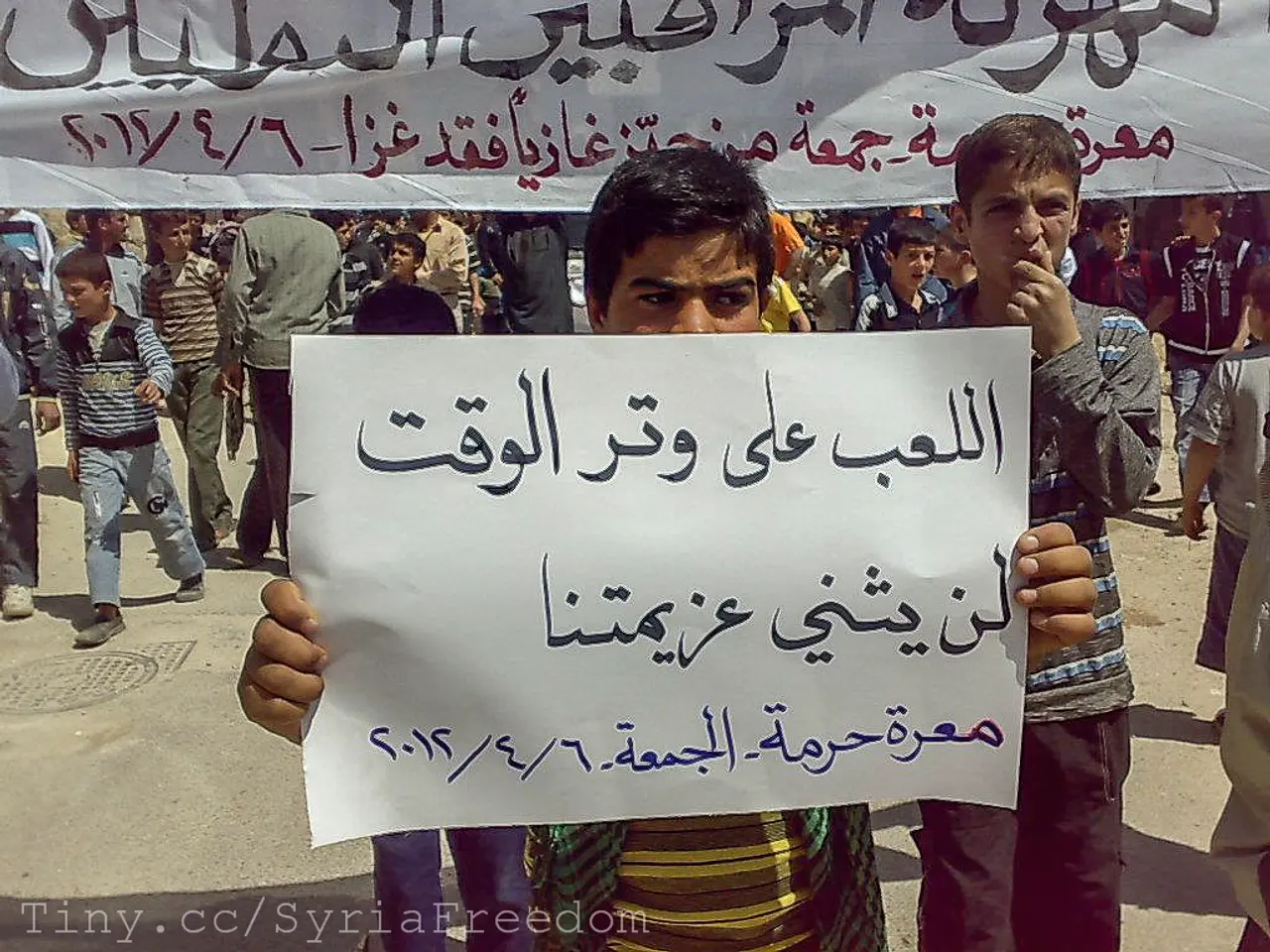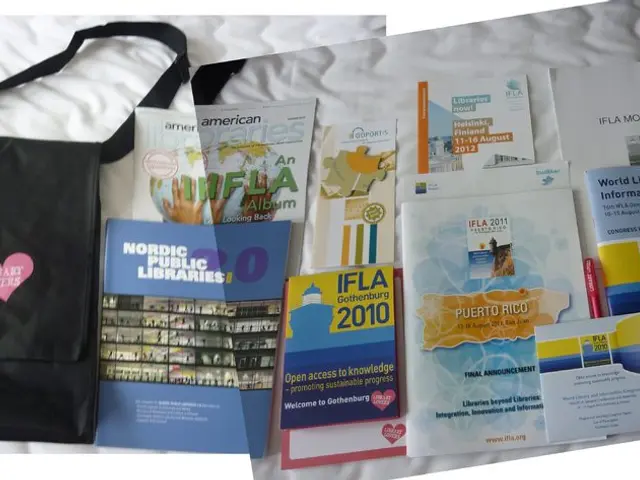Separatists in New Caledonia decline a deal with Paris over regional autonomy
The political landscape of New Caledonia, a French overseas territory in the South Pacific, is once again shrouded in uncertainty, as the Bougival Accord, a historic agreement aimed at creating a semi-sovereign state within the French Republic, faces rejection from key separatist leaders.
The agreement, reached on July 12, 2025, proposes the creation of a "State of New Caledonia" that would grant substantial autonomy while keeping the territory as part of France. This proposed change is intended to replace the 1998 Nouméa Accord and involves constitutional amendments in France and a local referendum in February 2026 to validate the deal.
However, the main pro-independence coalition, the Front de Libération Nationale Kanake et Socialiste (FLNKS), has formally rejected the accord. The FLNKS argues that the agreement falls short of their full sovereignty aspirations and is incompatible with the core principles and achievements of their independence struggle. They contend that France negotiated the accord with a lack of transparency, ignored FLNKS proposals, and failed to consider recent demographic data essential for voter eligibility and legitimacy.
The accord must still pass several hurdles, including constitutional approval by the French Parliament by late 2025, endorsement by the Council of State, and a local referendum in New Caledonia by February 2026. Meanwhile, tensions persist as the pro-independence bloc urges supporters to resist what they see as a forced imposition by the French state.
New Caledonia holds significant importance for Paris due to its geopolitical, military, and economic reasons, particularly its abundant nickel reserves. Despite this, the separatist group, FLNKS, did not consider the agreement as a binding commitment.
The dispute over the political future of New Caledonia is not a new development. The population group of Kanaks, New Caledonia's indigenous people, have long hoped for a separate state. The territory, with about 270,000 inhabitants, had already gained wide-ranging autonomy through the Nouméa Accord in 1998. In three referendums in 2018, 2020, and 2021, the residents voted to remain with France.
The recent escalation in tensions comes after years of failed negotiations and internal consultations. French Minister for Overseas Territories, Manuel Valls, plans to travel to New Caledonia next week for further consultations. Despite the rejection, Minister Valls described the agreement as "historic."
In the past, residents of New Caledonia had spoken out in favor of remaining with France. However, the independence movement boycotted the last vote and did not accept the result. The territory was taken by France in 1852.
As the situation unfolds, the future of New Caledonia remains uncertain, with the Bougival Accord hanging in the balance. The outcome of the upcoming referendum and political negotiations will significantly impact the future of this South Pacific territory.








